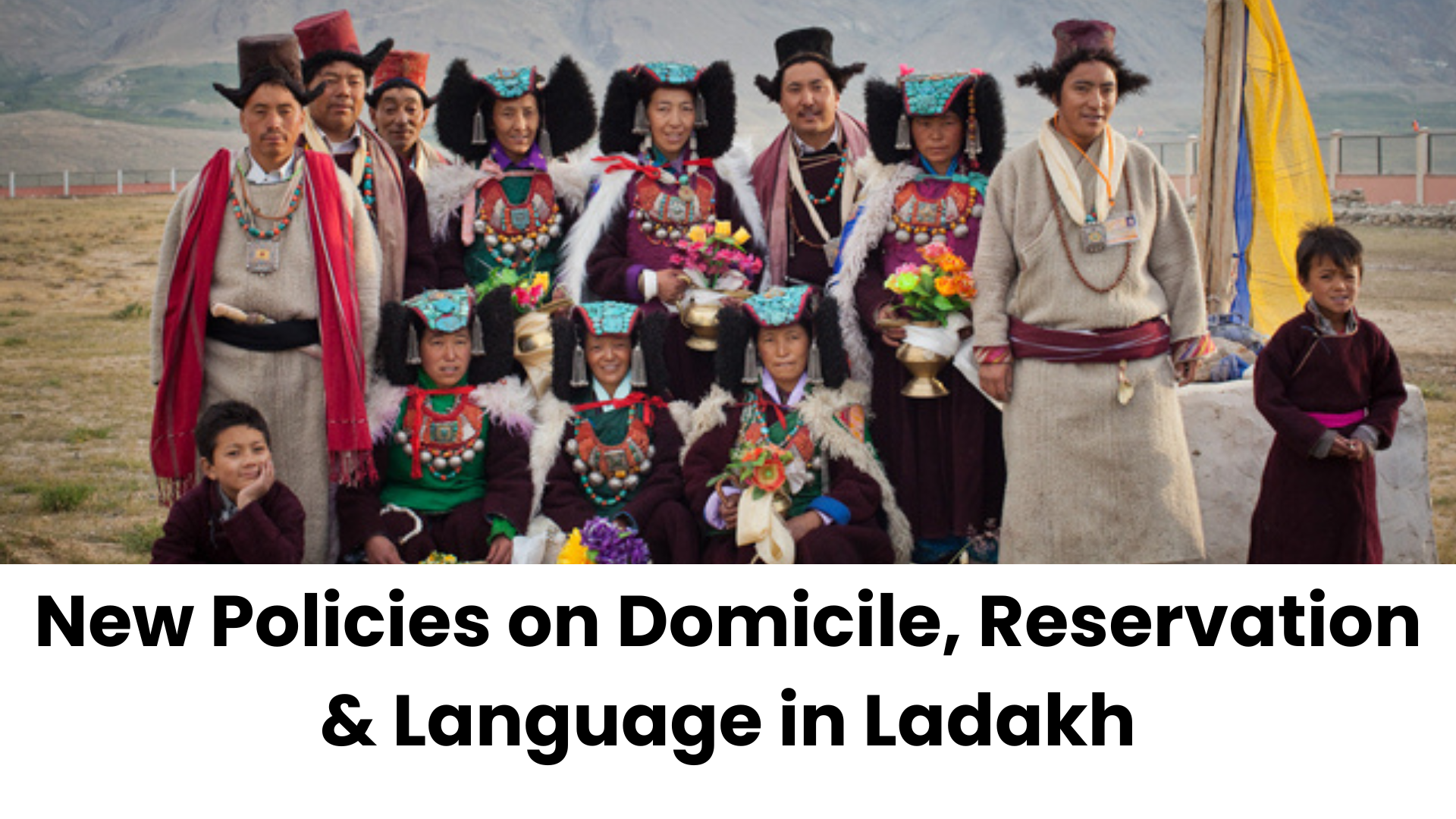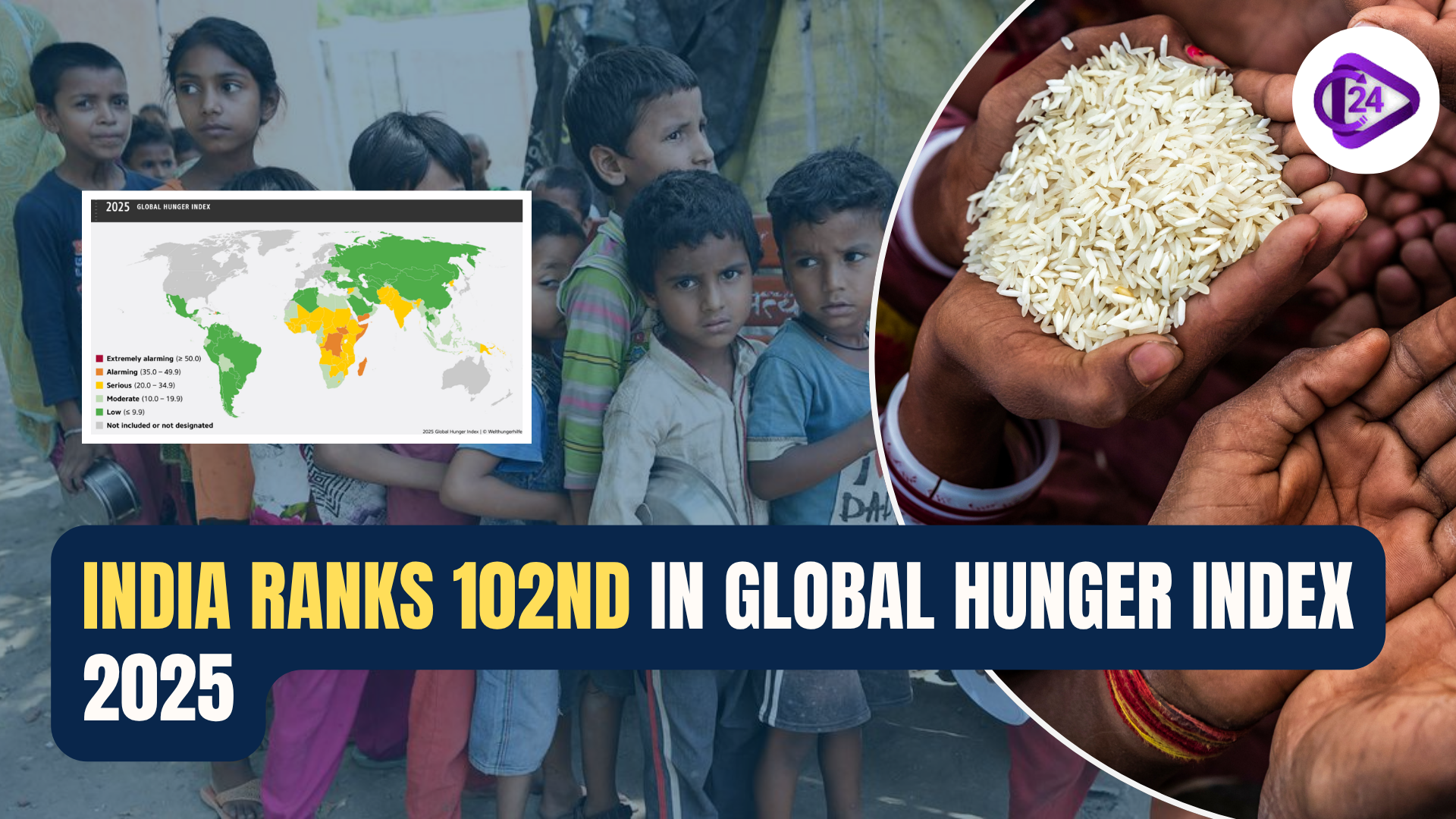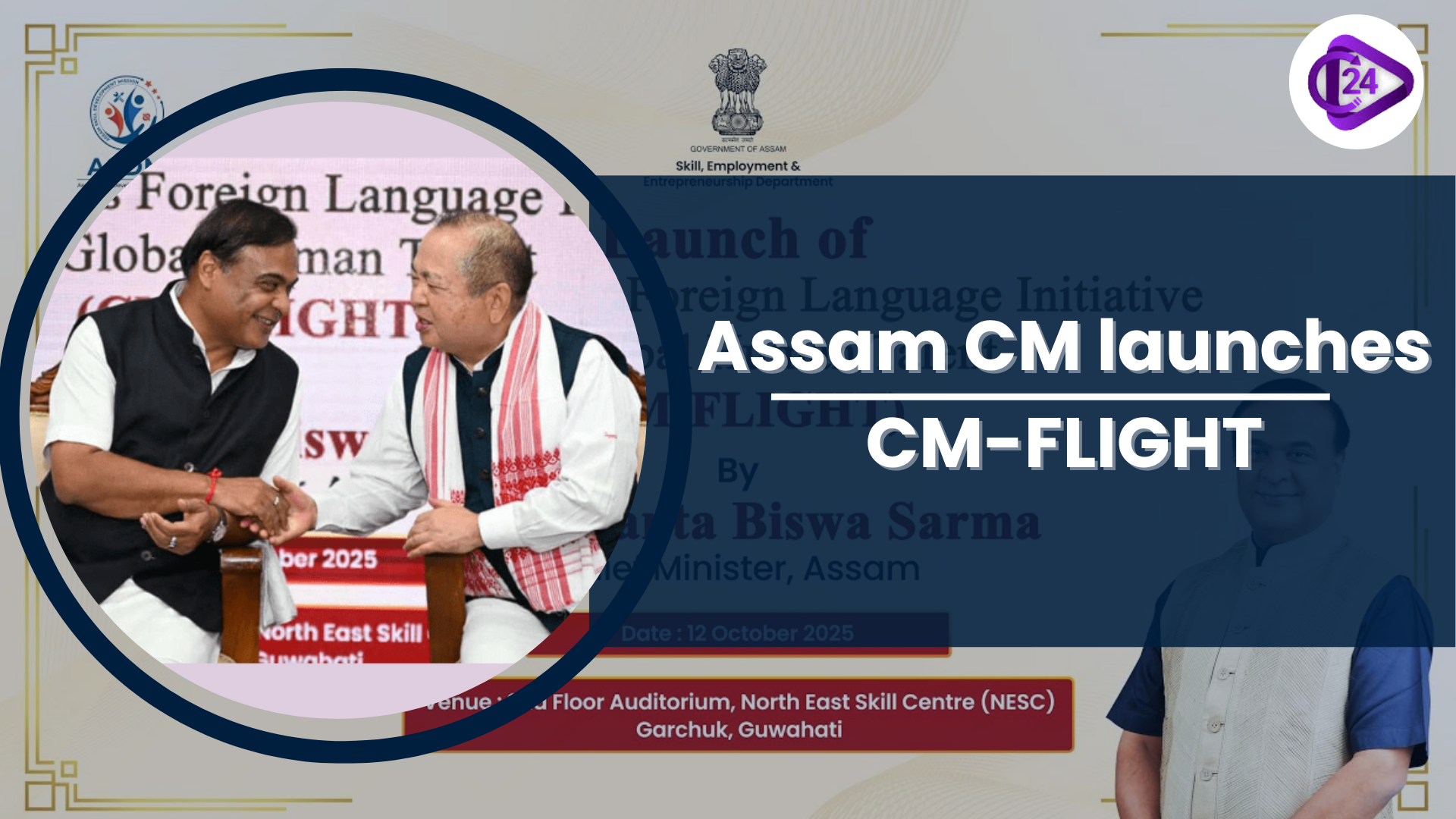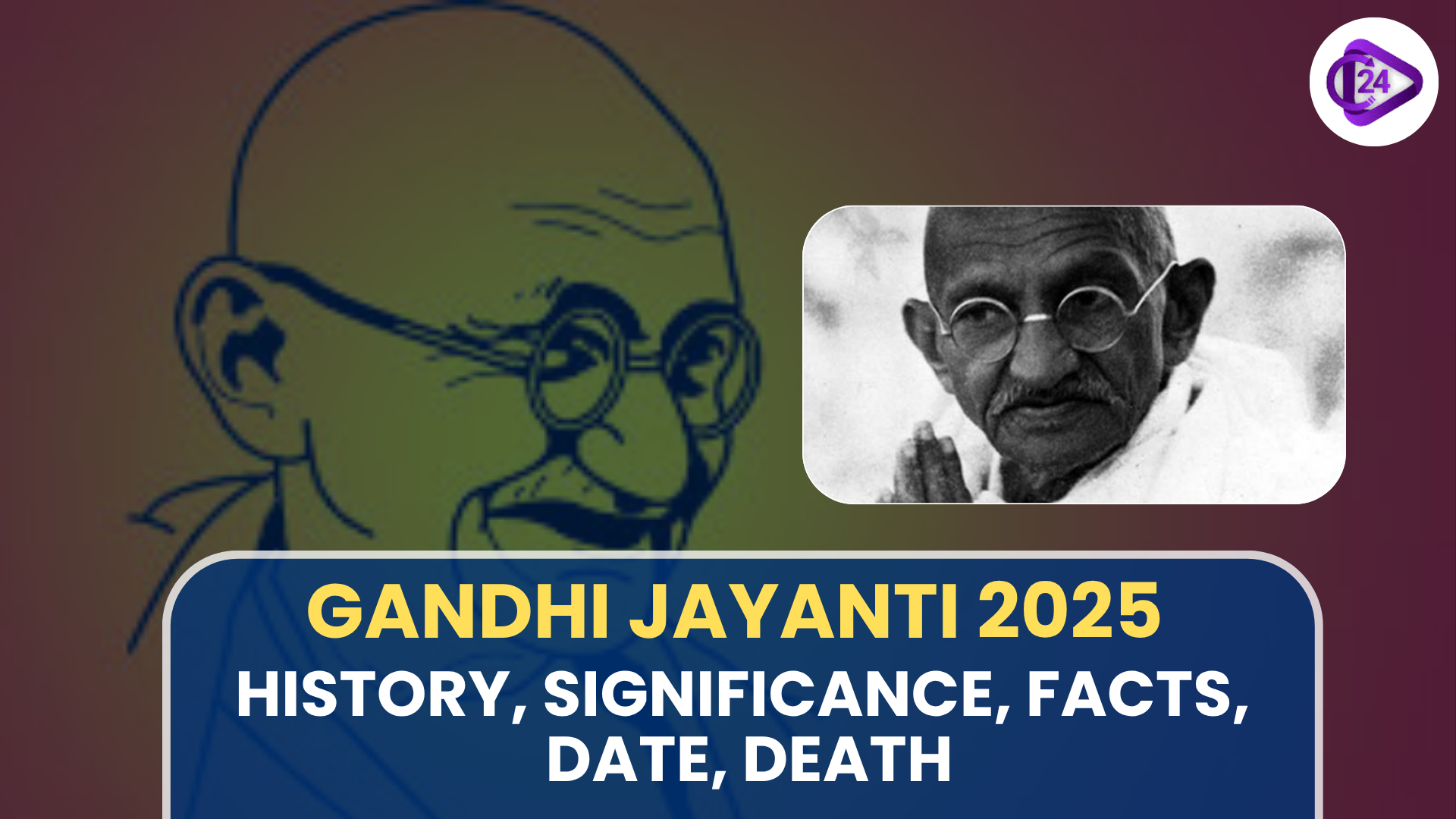
After abrogating Article 370 in 2019, the Union government made new laws for Ladakh that address requests for protection under the constitution. Among the policies are changes to where people can vote, more job opportunities for Nepalis, several recognized official languages and seats for women in hill councils. Such changes are happening as people in civil society press for the land, jobs and identity of the Ladakhis to be protected. The policies change the rules for deciding who from other regions can move to the Semester at Sea program. Notifications indicate a major change in the way the Union Territory is run and governed.
Context
-
Ladakh gets new policies for domicile and reservations, where locals are given a 85% share of jobs and an official language is set for the area.
-
One-third of hill council seats will be reserved for women, and the region's job, language, and representation structure has been overhauled.
Key Points
Domicile Criteria:
-
Non-Ladakhis need to have been continuously living in Ladakh for 15 years (since October 31, 2019) to become domiciles.
-
Benefits extend to the children of people working for the Central government.
Reservation in Jobs
-
The Ladakhi people make up 85% of government employees in Ladakh.
-
Scheduled Tribes (STs) could get a share of about 80% in these reservations.
-
Extra slots are given to residents of Line of Actual Control/Line of Control (4%). SCs are provided 1% additional quotas and 10% seats are set aside for EWS students.
-
Reserving jobs for restricted categories accounts for 95% (out of total, except EWS), representing one of the highest percentages in India.
Women’s Representation:
-
33% of the seats in the Ladakh Autonomous Hill Development Councils (LAHDC) are reserved for women and these seats are given to them every three years in rotation.
Official Languages:
-
English, Hindi, Urdu, Bhoti and Purgi are given the status of official languages.
-
Municipal help for amplifying other native tongues was also included.
Key Regulations
-
The Ladakh Reservation (Amendment) Regulation was passed in 2025.
-
The Ladakh Official Languages Regulation was released in 2025.
-
In 2025, the Civil Services Decentralisation and Recruitment (Amendment) Regulation was passed.
-
The Autonomous Hill Development Councils (Amendment) Regulation was issued in 2025.
Conclusion
The new policies in Ladakh are designed by the Centre to support local people and ensure they are not marginalized, their cultural heritage is saved and more opportunities and rights are given to women. Still, civil society continues calling for more protection in the Constitution such as Statehood and placing their regions under the Sixth Schedule. Such growth affects the way federal power is used, tribal rights are upheld and border policies are managed in India.
UPSC Prelims Practice Question
1. What is true about the government’s new policies in Ladakh which came about after Article 370 was mediatized in 2019?
a) Reserving government jobs in Ladakh, 85% have been set aside for Scheduled Tribes (STs).
b) Domestic status can be granted to people from outside Ladakh who have lived there for at least 10 years since October 31, 2019.
c) Women are guaranteed one-third of the seats in Ladakh Autonomous Hill Development Councils (LAHDC) in rotation every five years.
d) Both English and Hindi are the only official languages in Ladakh.
UPSC Mains Practice Question
Q.1 "Evaluate the changes in policies for Ladakh brought by the Union government following the abrogation of Article 370 in 2019." What actions are taken in these policies to fix problems involving identity, being represented and getting jobs locally?



 India Ranks 102nd in Global Hunger Index 2025: Hunger Remains a Serious Challenge
India Ranks 102nd in Global Hunger Index 2025: Hunger Remains a Serious Challenge Kaziranga Director Sonali Ghosh Becomes First Indian to Win IUCN Innovation Award
Kaziranga Director Sonali Ghosh Becomes First Indian to Win IUCN Innovation Award Assam Government Introduces CM-FLIGHT Scheme for Improved Global Career
Assam Government Introduces CM-FLIGHT Scheme for Improved Global Career India’s First Bullet Train to Launch by August 2027, Mumbai–Ahmedabad
India’s First Bullet Train to Launch by August 2027, Mumbai–Ahmedabad Goa Launches Majhe Ghar Housing Regularisation Scheme
Goa Launches Majhe Ghar Housing Regularisation Scheme IUCN Recognizes India’s First Dugong Conservation Reserve in Tamil Nadu
IUCN Recognizes India’s First Dugong Conservation Reserve in Tamil Nadu Cyclone Shakti Brings Heavy Rain Forecast for Mumbai and Konkan Region
Cyclone Shakti Brings Heavy Rain Forecast for Mumbai and Konkan Region Underwater Road Tunnel in Assam
Underwater Road Tunnel in Assam 156th Gandhi Jayanti 2025, History, Significance, Facts, Date, Death
156th Gandhi Jayanti 2025, History, Significance, Facts, Date, Death Third Edition of 'Unmesha: International Literature Festival' to be organised in Patna
Third Edition of 'Unmesha: International Literature Festival' to be organised in Patna






